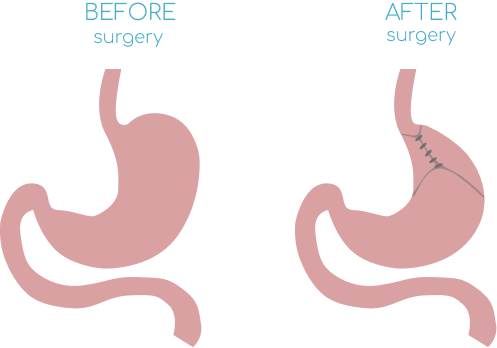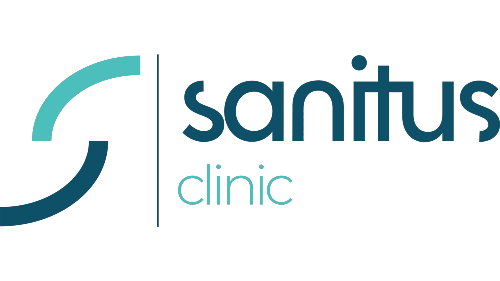This chronic disease is also known as esophageal hiatal hernia, caused by reflux of gastric contents into the esophagus. This condition affects 3-4 percent of people and most often manifests as heartburn and vomiting of stomach contents.
Treatments include medication or surgery. Reflux can cause significant discomfort, hinders daily activities, therefore, treatment is necessary. You can find out which treatment method is most suitable by contacting a doctor, who will assess the condition of your body and recommend the most appropriate way to eliminate the problem.
GERD – gastroesophageal reflux disease
SYMPTOMS
- Acidic taste in the mouth
- Frequent burping
- Stomach ache
- Vomiting
- Flatulence
LAPAROSCOPIC FUNDOPLICATION
The main method of surgical treatment is laparoscopic fundoplication. During this surgery, the bottom of the stomach is rotated about the esophagus just above the transition from the esophagus to the stomach. This strengthens the lower esophagus and forms a valve that prevents the stomach contents from pouring into the esophagus.
The esophageal diaphragmatic hernia is often present. During the surgery, the hernia is removed by sowing the diaphragm legs and narrowing the diaphragmatic opening of the esophagus. After this surgery, a large proportion of patients do not need to take antacids.
Duration of surgery
Time spent at hospital
Sick leave
Up to 1,5 hours
3 nights
2 – 3 weeks

Prevention of esophageal cancer
Safe surgery
Increase quality of life
Testimonials
Surgery process
A laparoscopic fundoplication surgery is not as complicated as many think. Most importantly, it has to be left to qualified professionals. Then there is no cause for doubt.
The surgeons at our hospital, not only carry out the surgeries but also detail the steps of it, to calm the patient. We provide a small introduction, which helps to understand, how the surgery will be done.
PRE-SURGERY
The first step is a consultation. The patients needs are identified as well along with other underlying medical issues. It is often advised to consult not only with the surgeon, but a dietician as well, who can provide dietary recommendations. Before the surgery the patients blood is analysed, other factors regarding health are evaluated as well. A few weeks before the surgery it is recommended to avoid certain actions such as smoking or consuming alcohol. These can burden the surgery process.
Before the surgery the patients blood is analysed, other factors regarding health are evaluated as well. A few weeks before the surgery it is recommended to avoid certain actions such as smoking or consuming alcohol.
A few days before the surgery it is recommended to decrease the consumption of food. Sometimes a special liquid diet is assigned, for a week before the surgery. Of course each patient is unique, therfore the recommendations are not uniform.
Pre surgery the following factors are considered:
– chronic diseases
– current use of medication
– addictions
DURING SURGERY
During surgery a general anesthesia will be applied, therefore you will feel nothing.
Usually the surgery takes from 1 to 1.5 hours. The bottom of the stomach is corrected, it is rotated about the esophagus just above the transition from the esophagus to the stomach. This strengthens the lower esophagus and forms a valve that prevents the stomach contents from pouring into the esophagus.
POST-SURGERY
After the surgery you will be transported to a rehabilitation ward, where your health will be closely monitored by qualified staff.
As soon as you wake up, it is recommended to drink large amounts of water, as it will soothe the stomach and decrease any discomfort.
You will need to spend several days at the hospital, during which time your condition will be carefully monitored, in order to provide recommendations.
Each patient receives an individual dietary plan, which MUST be abided.
It is also important to limit physical activity. When the patient fully recovers, physical activity must be included in the daily routine. That is the guarantor of good health. If it is difficult to undertake sports, one must try to walk as much as possible.
Good hygiene is a must.
The patient is advised about which vitamins to use, in order to reach a good condition as fast as possible.
Once out of the hospital the patient can drive, take care of themselves.
For at least 2-3 weeks after the surgery it is advised to rest as much as possible.
For a week after surgery liquid food will be advised, which allows the stomach to function properly, then you will move on to regular diet, as advised by the dietitian. Try to avoid snacks and to live without tobacco or alcohol intake.
Team of doctors

Nerijus Kaselis

Algirdas Palšis


